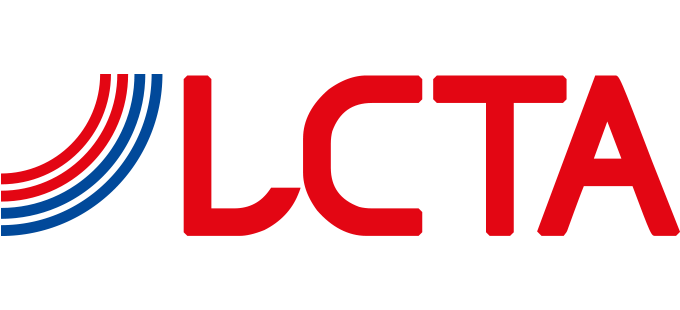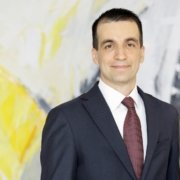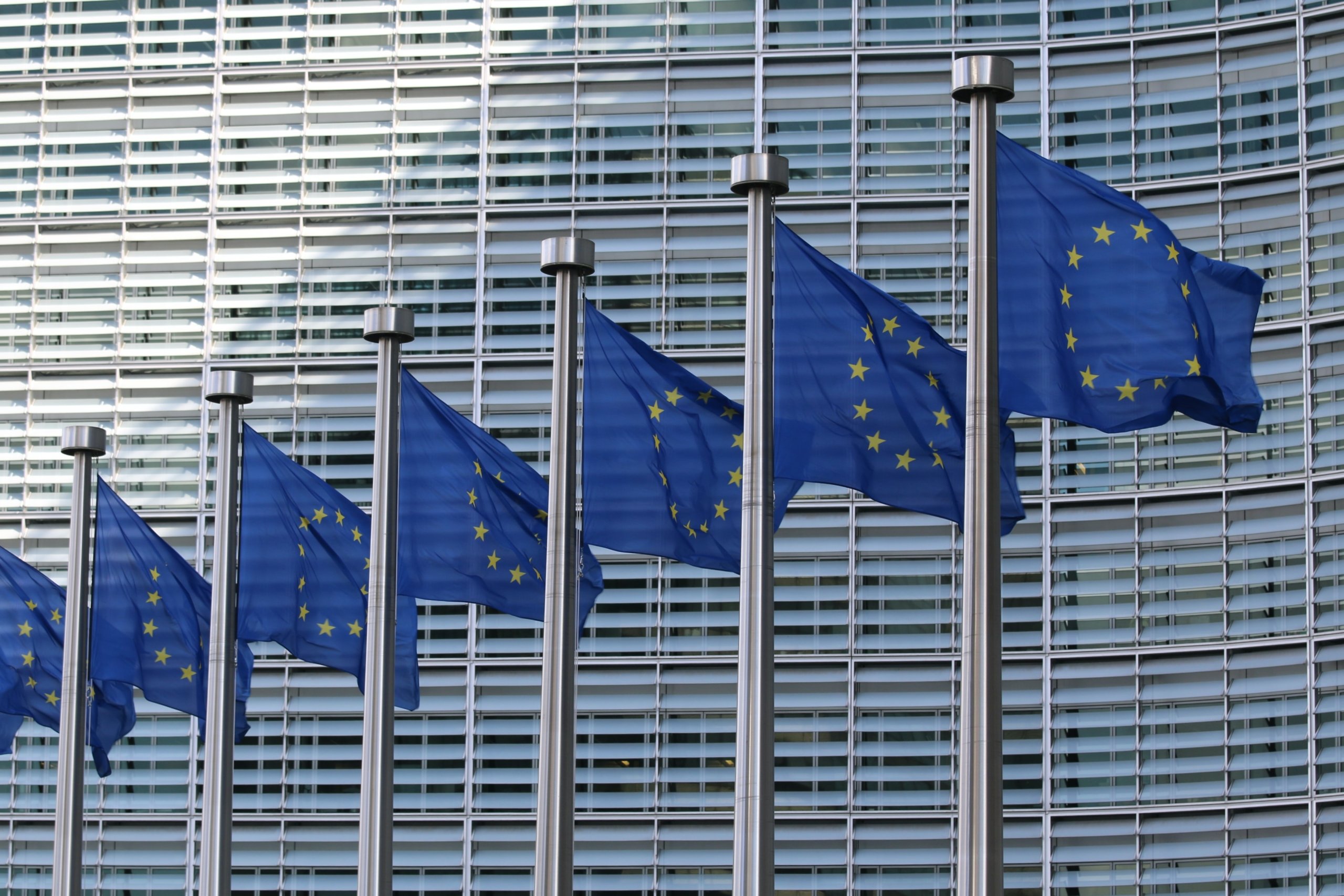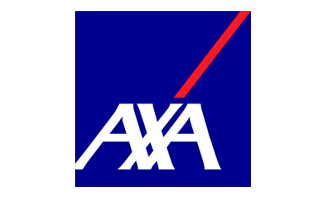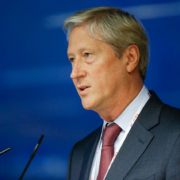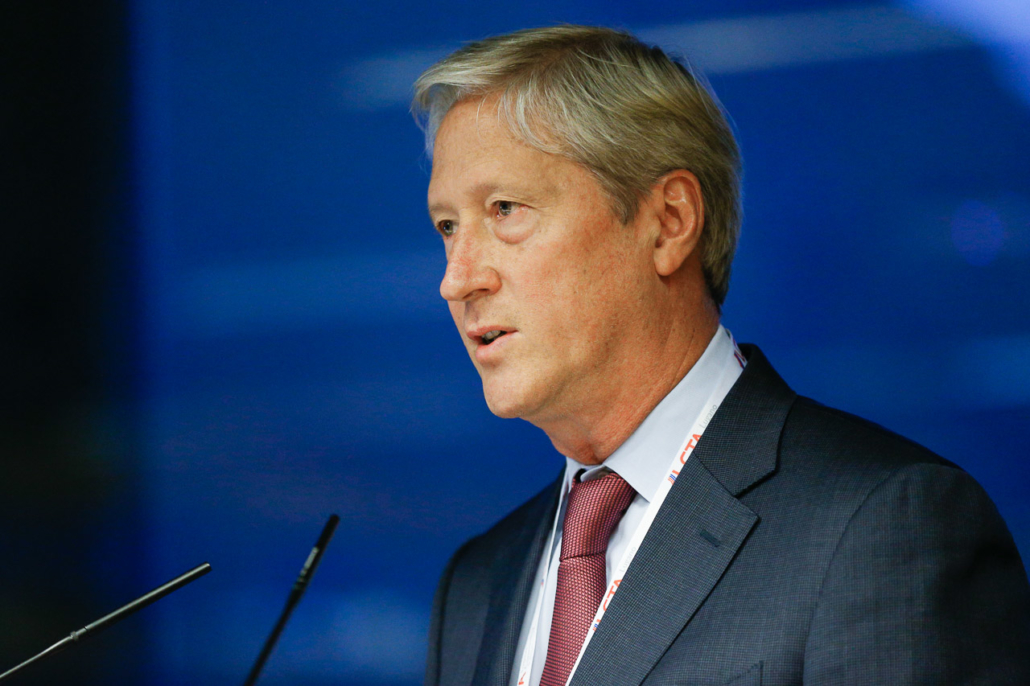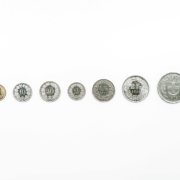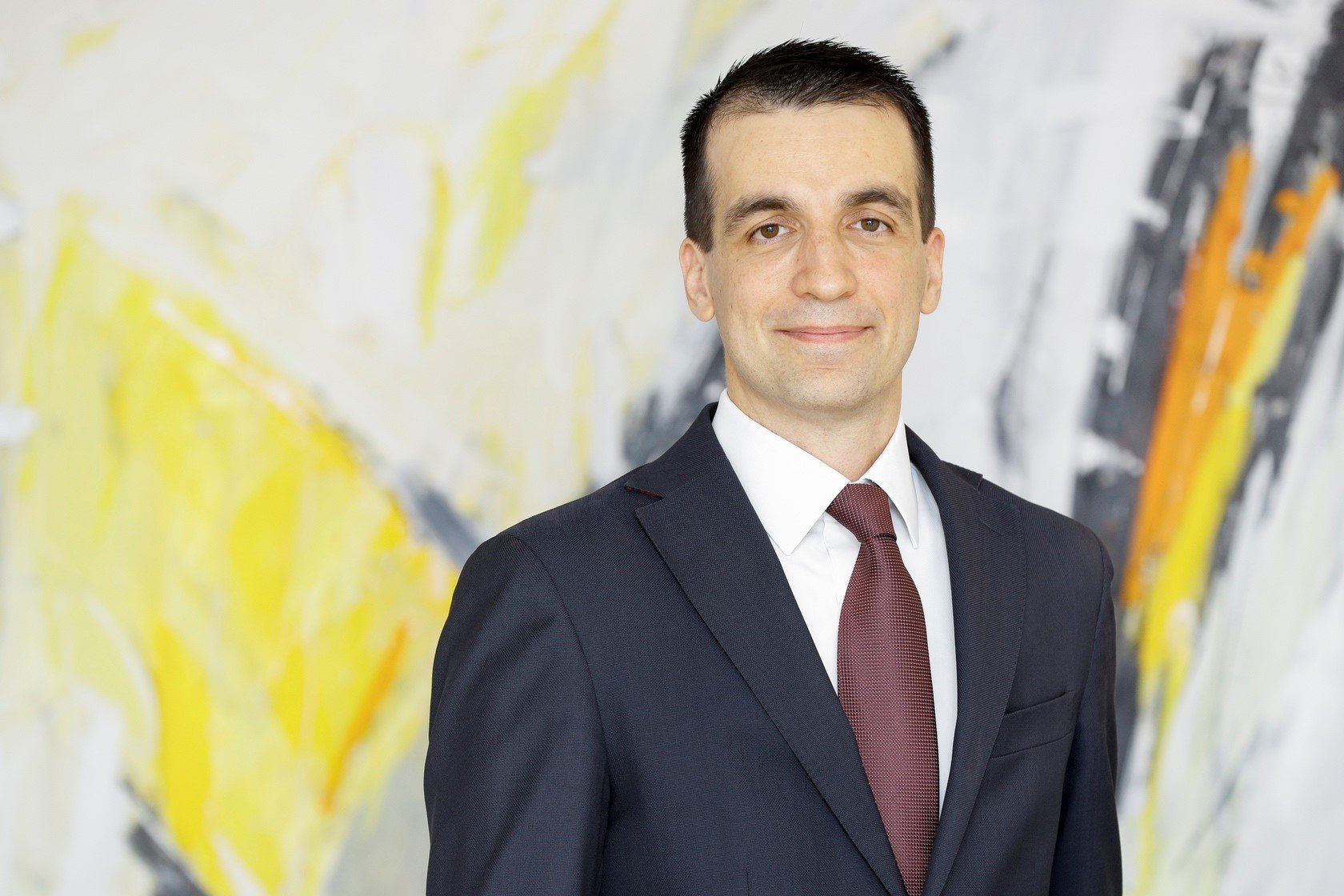
The Lugano Commodity Trading Association (LCTA) is a non-profit organization that brings together companies active in commodity trading, shipping, insurance and commodity trade finance. This year the LCTA celebrates its 10th anniversary and after a decade, President Thomas Patrick has decided to resign. The Executive Board of LCTA, according to the by-laws, has elected the new President: Matteo Somaini, General Manager Finance, DITH.
The LCTA would like to take the occasion to thank the outgoing President and would like to acknowledge the outstanding contribution made by him to the association. Thomas Patrick has always shown great commitment and personal investment and has been fundamental to the progress that our organisation has achieved over ten years. The change of President was communicated to LCTA members at the Ordinary General Meeting which unfortunately this year, due to the COVID-19 pandemic, could not be held physically, but took place by correspondence. Through an interview we would like to introduce you the new LCTA President.
Mr. Somaini, you have been involved in LCTA since the beginning, 10 years ago, what can you say about the evolution of the association over the years?
When we met the first time more than ten years ago – the Chamber of Commerce, a trading company, and a bank – we were six people aware of a rapidly changing business environment, with the objective to create value in the areas of: education, networking and communication to the public. After ten years, LCTA counts 53 members and we are part of STSA – the national association with whom we coordinate most of the public initiatives concerning the industry. Our association organises continuing education for people active in the sector and several years ago we started the “Certificate of Advanced Study – Commodity Professional”, in cooperation with Zug Commodity Association and Lucerne University of Applied Sciences and Arts.
We organise an annual conference attracting in Lugano people from all over Europe and we participate to selected events abroad, aiming to create opportunities for our members and promoting Lugano as major Trading Hub.
We see the result of the hard work of our secretary, president and board, with the contribution of all our members. Ten years ago, it was not taken for granted, especially given the little attitude of the industry to public initiatives, in the past.
What do you think is the biggest strength of LCTA?
I would say it is the sense of community. In Ticino we are about 70 companies, employing more than 2’000 people. It has become manifest to the members, with the time, that we are not just people working in the same industry, often dealing with different commodities, sometimes even competing on the market. We are a community, we share the same territorial area (Lugano is our base, the worldwide market is our business environment), we share interests and values. I believe that the awareness of this sense of community is at the same time the greatest strength of the association, as well as one of the most significant achievements of LCTA in the first decade of activity.
What is particularly important for you as President of LCTA?
My top listed consideration is that all members feel represented in the values of the association, aiming to preserve and grow the community that we have “discovered”. In parallel LCTA should focus to support members ad new companies in the industry by sharing know-how and creating value through our network.
What are you looking forward to doing as President of the association?
When we started to discuss the idea of funding the association, in 2010, we just overcame one of the most severe economic recessions of the history, we perceived that the world would have been different and we should quickly adapt our modus operandi, to satisfy new requirements, especially from the financial industry. It was one of the reasons that brought us together. Today we are facing something similar, to some extent more extreme, probably faster, certainly deeply affecting our lives as much as our business models.
Switzerland is the strongest country in the world for commodity trade finance, the first country for trading of energy, metals and soft commodities, and Ticino is one of the three commodity hubs in Switzerland. Swiss-based shipping companies handle over 20% of traded goods via sea all over the world. We have best in class companies providing services, managing logistic and risks, at every level of the supply chain of every category of commodities. I look forward to team-up with our board, all our members, and our peers in Switzerland – and why not in other important hubs around the world, like London, Singapore and Dubai – to take-up the new challenges. It is a unique innovation opportunity, not just technology based. We can lead the transformation through responsible innovation and move the industry to an approach based on co-opetition, aiming for long term and sustainable results, to create value for all stakeholders.
